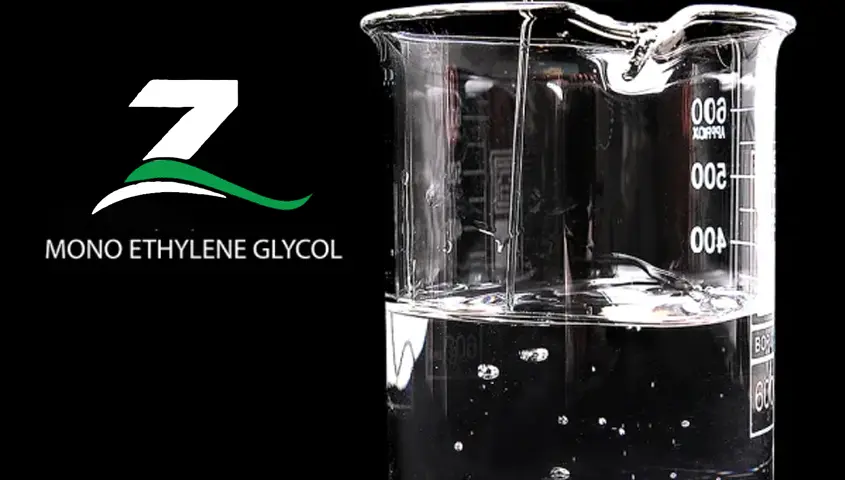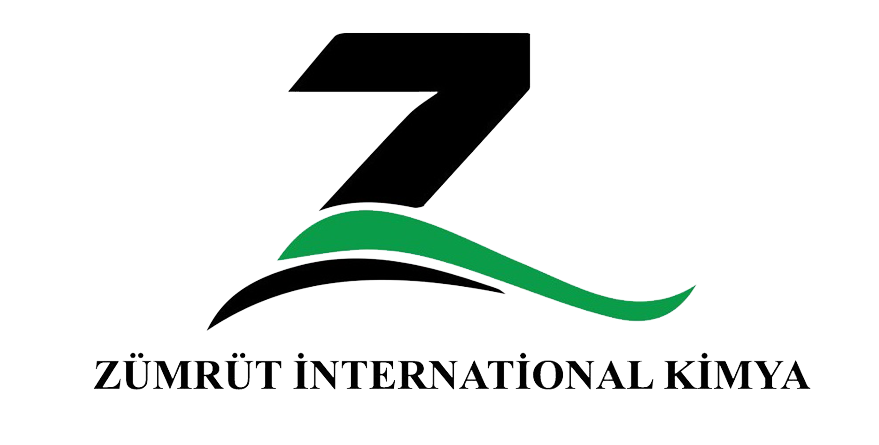What is Antifreeze Grade Monoethylene Glycol (MEG)?

Introduction
Antifreeze Grade Monoethylene Glycol (MEG) is a very vital chemical in modern industries that shows superior performance in antifreeze and coolant formulations. Excellent thermal properties, freezing point depression, and wide industrial applicability make MEG play a significant role in making automotive, industrial, and HVAC systems more efficient. However, its versatility remains unmatched, hence giving promise of reliable performance under the most stringent environmental conditions.
What is Antifreeze Grade Monoethylene Glycol (MEG)?
Antifreeze Grade Monoethylene Glycol is an extremely pure chemical developed with extreme care for systems requiring protection against freezing and overheating. This top-grade MEG follows the toughest standards of quality to assure the best performance for various engines, pipelines, and cooling systems under extreme conditions. MEG boasts excellent water-solubility, chemical stability, and anti-corrosion properties, making it a very important raw material in antifreeze, coolants, and de-icing solutions for bringing about reliability and durability.
Key Properties of Antifreeze Grade Monoethylene Glycol
MEG’s unique chemical and physical characteristics are what make it ideal for antifreeze applications:
- Chemical Composition: Ethylene glycol (C2H6O2), ensuring consistent freezing-point depression.
- Thermal Stability: High boiling point (197°C) for performance in high-temperature systems.
- Freezing-Point Depression: Prevents freezing at temperatures below -30°C in diluted solutions.
- Corrosion Inhibition: Specially formulated to minimize corrosion in metal-based cooling systems.
- Water Miscibility: Complete solubility in water for easy integration into antifreeze products.
These attributes make antifreeze-grade MEG a critical component for maintaining the functionality and longevity of cooling systems across various industries.
How is Antifreeze Grade Monoethylene Glycol Produced?
Monoethylene Glycol is manufactured by the oxidation of ethylene to ethylene oxide, which undergoes hydrolysis under stringently controlled conditions to produce a product of extraordinary purity. This assures that the product exhibits the highest performance characteristics for antifreeze and critical industrial applications. Advanced purification processes ensure impurities are eliminated down to traces, hence MEG of stringent international standards.
It is manufactured to the exactness that makes MEG compatible with new automotive, industrial, and HVAC systems for continued performance under extreme conditions. The optimized formulation supports improved thermal efficiency and long-term reliability, making it a favorite of the industry.
Applications of Antifreeze Grade MEG
Antifreeze Grade Monoethylene Glycol has extensive applications across various industries, delivering performance and reliability in demanding conditions.
1. Automotive Antifreeze and Coolants
- MEG is an active ingredient in antifreeze and coolant formulations to protect engines against freezing and overheating. It imparts thermal stability and protection against corrosion, scaling, and wear-related failure. This provides long-term performance and efficiency of vehicle cooling systems in extremely bad environmental conditions.
2. Industrial Cooling Systems
- MEG in industrial processes stabilizes temperature regulation in cooling systems, hence improving the efficiency of operations. Its application ranges from chemical plants and power generation facilities to refrigeration units, ensuring reliable performance and preventing equipment failure in demanding environments.
3. HVAC Systems
- HVAC systems rely on MEG for the supply of energy-efficient heat transfer fluids. MEG offers stability in heating and cooling operations against extreme climate variations, preventing system failures while increasing efficiency in both residential and commercial applications.
4. De-icing Applications
- MEG plays a vital role in de-icing applications, both in the transport and aviation industries. Since it remains fluid at sub-zero temperatures, it ensures that ice is removed effectively, hence guaranteeing safety and efficiency in operations during harsh winter conditions.
Packaging and Storage Options for MEG
Antifreeze Grade Monoethylene Glycol is available in a range of packaging options tailored to industrial and commercial needs:
- Steel Drums: For small to medium-sized operations, 200-liter drums provide flexibility.
- IBC Tanks: Ideal for bulk transportation and storage, offering capacities of up to 1,000 liters.
- Tankers: For large-scale industrial requirements, tanker deliveries ensure cost efficiency.
MEG has to be stored in tight containers and kept in a cool, dry place to maintain its quality. Proper storage avoids any chance of contamination and extends its shelf life, maintaining performance integrity for a longer period.
Safety Guidelines for Using MEG
Monoethylene Glycol is highly effective but toxic if ingested. When handling MEG, it is essential to follow strict safety protocols:
- Use personal protective equipment (PPE), including gloves and goggles.
- Store MEG in a secure location, away from unauthorized access.
- Follow the product’s Material Safety Data Sheet (MSDS) for comprehensive safety information.
Conclusion
MEG is an antifreeze-grade monoethylene glycol chemical that plays a pivotal role in industries requiring performance for efficient freezing-point depression and thermal stability. These applications range from automotive antifreeze to industrial cooling and de-icing solutions, proving its versatility and reliability.
For premium Antifreeze Grade MEG, trust ZÜMRÜT International Kimya Co. to deliver quality, performance, and excellence. Contact us today.

